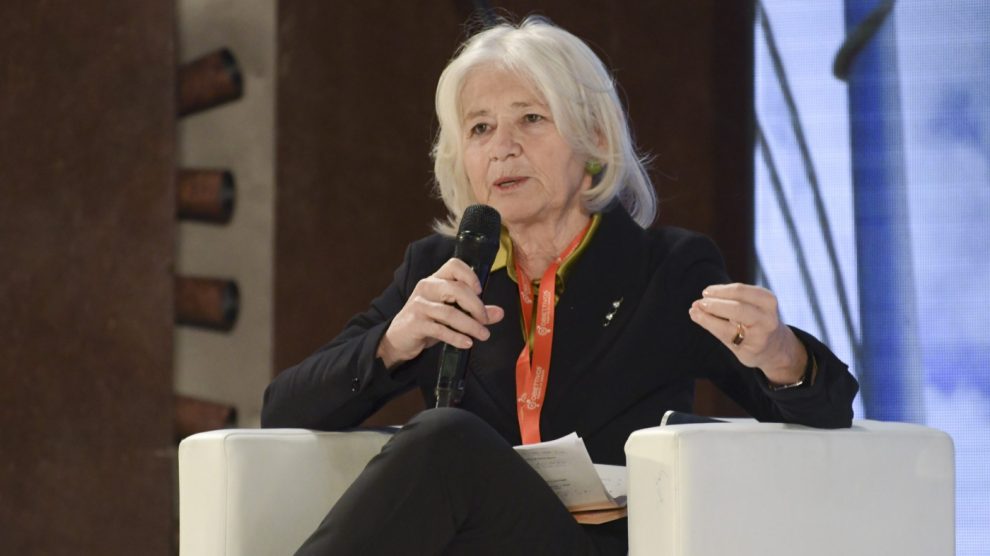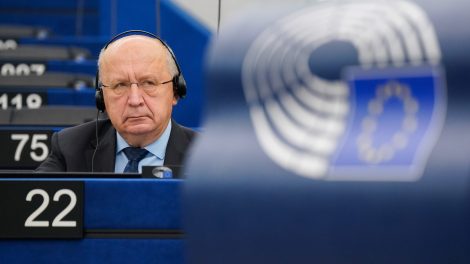The following are excerpts from our sister website’s original Italian-language interview with Marta Dassù.
On PM Meloni’s (and her majority’s) stance on Ukraine. “There has never been any uncertainty on [her] part, ever since she voted on the military supply decrees while in opposition to the Draghi government. Her words in Kyiv “were sharply and explicitly in favour of Ukraine […] she spoke of a just peace, founded on Ukraine’s victory, a word that until now had not been willingly uttered by [Italy’s] political class.”
- “The words of distancing in parts of her majority are a disturbing factor, domestically and internationally, but at the end of the day, all parties in government today have always voted together with Brothers of Italy.”
On Italy and Russia. Italy’s recurring problem of being perceived as a soft underbelly of the Western front “is balanced by the PM’s conviction [to support Ukraine], which seems deep-rooted, convinced and strong to me. Despite this, Russia regularly tries to insert itself where it can: it is no coincidence that Putin, in his speech to the Duma, recalled the ‘friendly gestures’ towards us, referring to the para-military – rather than medical – mission he carried out in our country during the pandemic.
On the war’s effects on the EU. “This war has produced various consequences on the balance in Europe, from the undisputed centrality of NATO in European defence (and the end of vague talk of strategic autonomy…) to the crisis of the German industrial model, based on the import of cheap gas from Russia and exports to the Chinese market.”
On Easter Europe’s increasingly central role… Meanwhile, the European centre of gravity “is undoubtedly shifting eastwards – with the obvious exception of Hungary, which plays a different game of its own.” Warsaw, Prague and the Baltics are taking in more refugees and providing more aid (in proportion to their economies) than anyone else.
- Eastern countries “can now say to central-western Europe, ‘we told you so;’ Putin had an imperial-colonial design, and you insisted on a dialogue that could not stand.”
- “Not only do they appear more credible, but they have also become the frontier of the conflict and, in the case of Poland, the logistical hub through which military and civilian supplies pass.”
… and Meloni’s link with it. Giorgia Meloni’s Italy is well-positioned for dialogue, “as the Polish majority party, PiS, is in the group she leads in the European Parliament.” Also, Rome might leverage its dialogue with the UK “because this war has also blunted the tensions between Brussels and London, reknitting the thread of a discussion – at least on the security level.”
- Therefore, Italy “could theoretically become a link between the core of the EU’s founding countries, the eastern members that have become more relevant, and the UK. But this implies that today’s Italy also has a solid relationship with France and Germany.”
- In this shifting European scenario, “Rome – if it were not weighed down by internal problems of various kinds, including the size of its public debt – could carve out a significant geopolitical role.”





